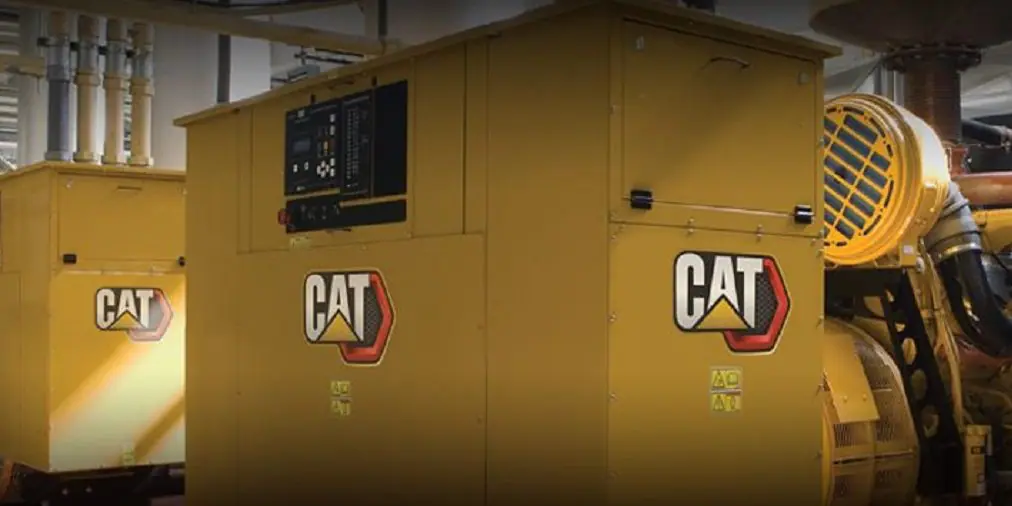
What Is the Difference Between a Gas Generator and a Diesel Generator?
Category: Equipment and Solutions
Whether you need a primary power or stand-by power source, a generator is a crucial component to maintaining productivity at your job site. You may also need to consider investing in multiple generators so you always have a backup and can keep operations running smoothly in the event of an outage.
Do all generators run on gas? No, the two most common generator types are gas and diesel. Each type has multiple pros and cons and is suitable for different environments and applications. Learn more about the advantages and disadvantages of these two kinds of generators to determine which best suits your needs.
What Is a Gas Generator?
A gas generator is usually connected to a gas line in order to generate electricity. When operating properly, a gas generator injects air and gasoline into a carburetor, which compresses the two and creates an ignition, which ultimately spins the machine’s rotor and generates an electric current that powers your equipment.
Advantages and Disadvantages of Gas Power Generators
Gas generators are known for their affordability and portability. Because they run on gas, the fuel is more affordable, and these generators tend to be smaller for easy transportation. Gas generators are also efficient to operate and are typically used for short-term applications like power outages.
The disadvantages of gas generators include:
- Parts like the carburetor can malfunction and must be replaced
- Not as fuel-efficient
- Use gasoline, which has a shorter lifespan
What Is a Diesel Generator?
A diesel generator works by first compressing air and then injecting diesel fuel into the chamber to produce heat, which triggers the fuel’s ignition. That ignition powers the generator and creates the electric current.
Advantages and Disadvantages of Diesel Power Generators
Diesel generators are an ideal option if you want a generator that requires little maintenance. Unlike gas generators that use carburetors, which can malfunction, a diesel generator does not have a carburetor and instead creates an electric current with compression. Diesel generators tend to last longer and use less fuel, making them more fuel-efficient.
The disadvantages of diesel generators include:
- Higher upfront investment
- Older models can create loud noises
- Diesel is more expensive to purchase
Gas Generator vs. Diesel Generator
Ultimately, choosing whether to invest in a gas or diesel generator depends on your intended applications. Both types are reliable, produce only a small amount of emissions and use fuel sources that are easily accessible. Consider how your generators will be used and how each type can handle your needs.
If you need a generator for a small job like powering a construction site, you may opt for a gas generator. For more heavy-duty jobs, you may need to invest in a diesel generator that can run for extended periods of time.
Contact NMC Cat to Find the Right Generator for Your Needs
To learn more about the pros and cons of each generator type, contact the team at NMC Cat. Call us at (800) 628-6025 or get in touch online today.
